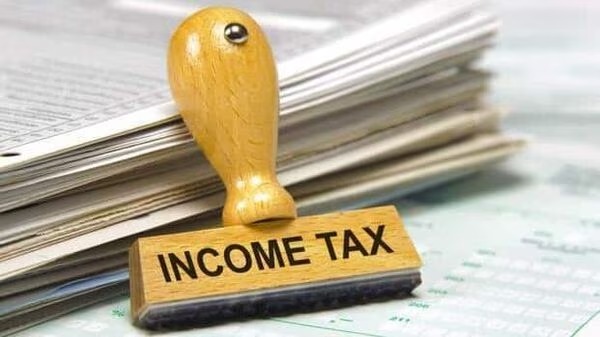The federal executive council (FEC) has approved the economic stabilisation bills seeking amendment of tax policies.
The approval was granted during the FEC meeting presided over by President Bola Tinubu on Monday.
In a post on X, Bayo Onanuga, special adviser to the president on information and strategy, detailed the highlights of the FEC meeting held in Abuja.
According to Onanuga, the bills seek to amend the income tax laws, promote the export of goods and services, reform the exchange rate regime and unlock foreign exchange liquidity.
Advertisement
He said one of the bills offers tax relief to companies that generate incremental employment while another offers personal income relief to “people in private and public employment from N200,000 to N400,000”.
On August 8, Wale Edun, minister of finance, said there will be tax breaks for companies that employ more staff.
Edun said the tax breaks will be included in the Inflation Reduction Act.
Advertisement
‘FEC APPROVES BILL SEEKING SUSPENSION OF TAXES ON SMES, LIVESTOCK’
Also, Onanuga said another bill seeks federal and state collaboration to “suspend certain taxes on small businesses and vulnerable populations”.
“Among the taxes to be axed are road haulage levies, business premise registration levies, livestock levies, and market taxes and levies,” he said.
Onanuga said with the FEC’s approval, the bills will be transmitted to the national assembly for passage.
Advertisement
On July 7, 2023, Tinubu approved the establishment of the presidential committee on fiscal policy and tax reforms and appointed Taiwo Oyedele, a tax and fiscal policy expert, as its chairman.
The committee was tasked with various aspects of tax law reforms, fiscal policy design and coordination, harmonisation of taxes, and revenue administration.
Tinubu had asked the committee to deliver quick reforms that can be achieved in 30 days.
The ‘quick-win’ report presented to Tinubu on October 24, 2024, heralds the committee’s 20 recommendations for immediate reforms.
Advertisement
The committee’s recommendations include increasing personal income tax exempt threshold and personal relief allowance, tax breaks for the private sector in respect of wage increases to low-income earners, transport subsidy and net increase in employment, among others.
Highlighting the recommendations in a post on X on October 24, 2023, Oyedele said the work of the committee is divided into three phases, quick wins within 30 days, critical reforms within six months, and implementation within one year.
Advertisement
Also, on June 4, 2024, Oyedele said the committee proposed the reduction of the company income tax (CIT) by 5 percent over two years.
He said the tax rate should drop from 30 percent to 25 percent, as it would go a long way to encourage businesses and investors.
Advertisement
According to Oyedele, Nigeria’s CIT is one of the highest in the world.
He said the committee also seeks to reduce the number of taxes in the country to a single-digit tax system through its proposed reforms.
Advertisement
Oyedele said the taxes would be shrunk to just seven, namely: income tax, value-added tax (VAT), property tax, customs duties, excise duty, stamp duties, and special levy.
Add a comment










